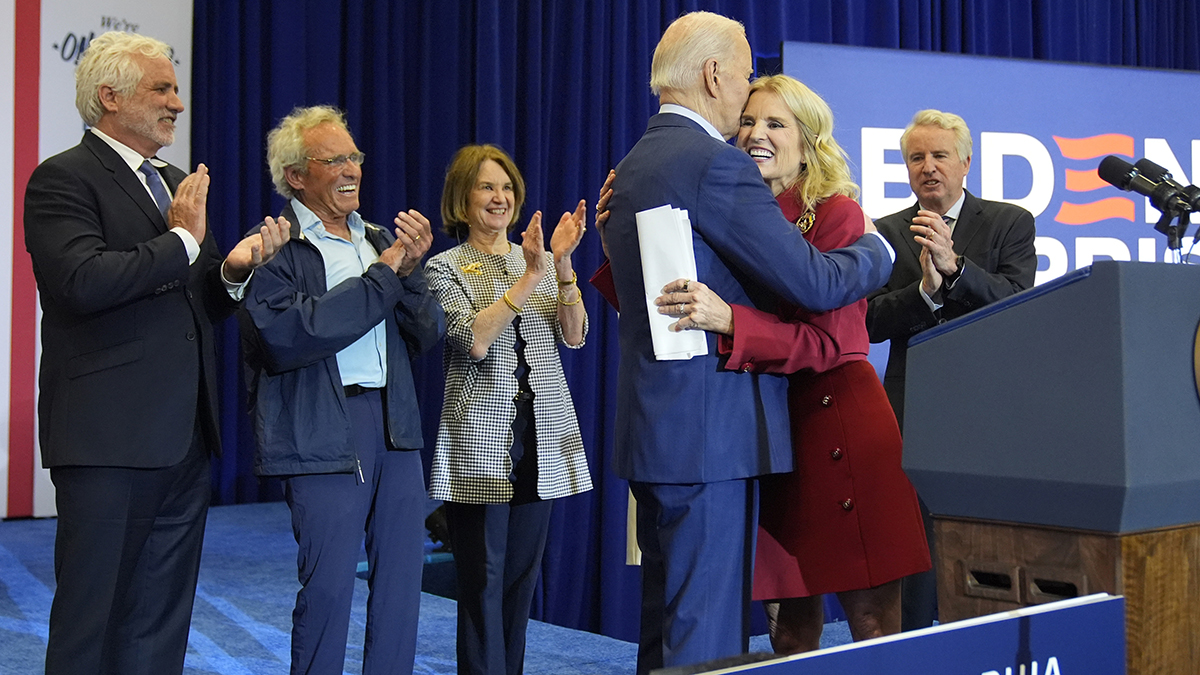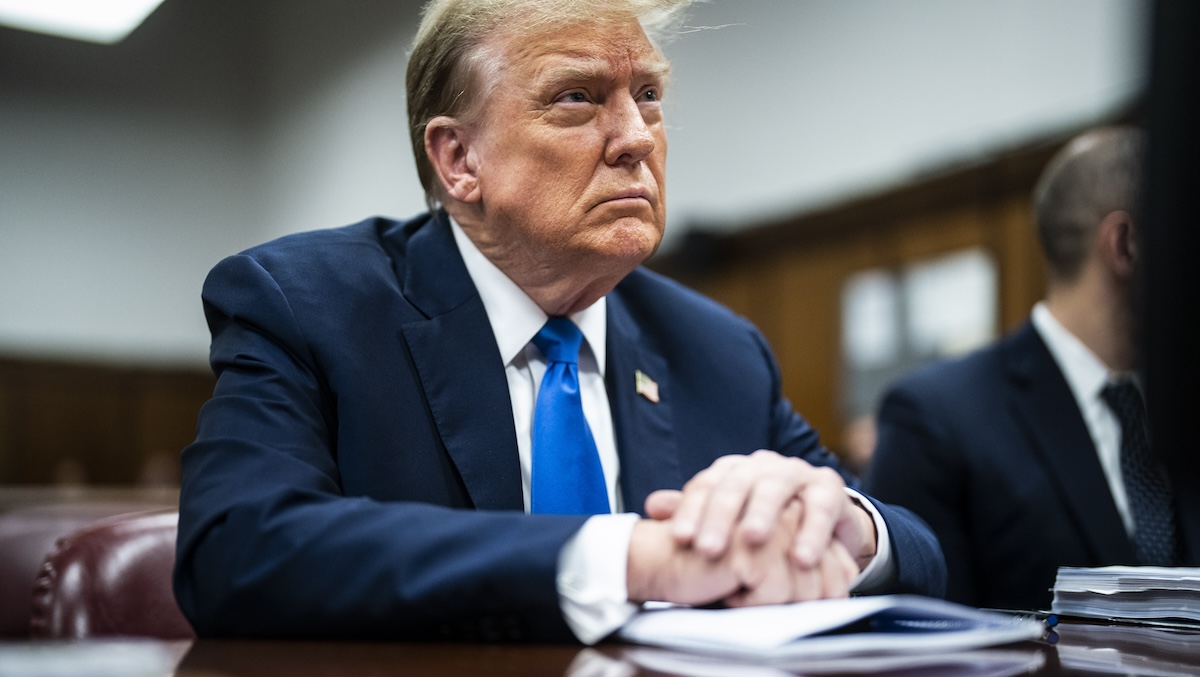How to avoid the ordinary pitfalls and political dirty tricks that could keep you from voting in Virginia, Maryland and the District on Election Day, Nov. 4:
VIRGINIA
Confirm your voter registration and your polling place now to allow time to resolve any problems before Election Day. There are several ways:
- State Board of Elections Web site, http://www.sbe.virginia.gov/cms/;
- Call the SBE toll-free at 1-800-552-9745 from 8:15 a.m. to 5 p.m. Monday through Friday.
- Contact Election Protection, a nonprofit and nonpartisan organization backed by a coalition of voter rights and voter advocacy groups at 1-866-687-8683, or 866-OUR-VOTE, or http://www.866ourvote.org/;
- Check the League of Women Voters' election information Web site at http://www.vote411.org.
- Post these phone numbers and Web addresses in a handy, conspicuous place; carry them with you through Election Day. If you call, expect to spend time on hold. (For help in Spanish, call the SBE toll-free number or click the "En Espanol" button on the Election Protection Web site.)
Vote when the lines are shortest.
Polls open at 6 a.m. and close at 7 p.m. Lines will be longest in the early morning before work, during the lunch hour, and in the evening as people rush home after work. Try voting between 9 a.m. and 4 p.m.
Bring identification and have it ready.
You can vote without it, but you avoid time-consuming hassles by showing any of the following:
- A Virginia voter ID card;
- A valid Virginia driver's license;
- A military ID;
- Any ID issued by local, state or federal government;
- A photo ID card issued by your employer;
- Your Social Security Card.
If you don't have any of those, you still cast your ballot by signing a form in which you affirm, under oath, that you are who you say you are.
Don't believe last-minute phone calls, fliers left on your car or front door, e-mails or strangers who tell you your voting times or places have been changed. Don't even take the word of friends or relatives because they might be victims of a classic illegal vote-suppression tactic. Do some independent checking.
Politics
Political news from the U.S. Capitol, White House and around Washington, D.C., Maryland and Virginia
Emergencies like fires, power outages or foul weather can force changes in voting locations. Check local radio or television stations for details because that's big news. Check with local election officials or the SBE to make sure.
Old traffic tickets, delinquent parking fines, overdue library books, or even misdemeanor convictions do NOT prevent you from voting.
No one will arrest voters or turn them away from the polls for those offenses. No one there even has access to that information. The only crimes that disqualify people from voting are felony convictions.
Your right to vote is challenged at the polling place. What do you do?
Calmly stand your ground.
Any qualified voter may challenge anyone he or she suspects is not a qualified voter, is younger than 18, has already voted in the same election, or is not a U.S. citizen and a resident of the state, locality and precinct. An election officer must explain the challenge and question the challenged voter.
If allegations are false and the challenge is baseless, you can sign a statement affirming your qualifications, receive your ballot and vote.
Good-faith challenges allow citizens to self-police elections and root out fraud. But wholesale challenges based on race or ethnicity or social or economic criteria to achieve an unfair advantage for one party or candidate should be reported immediately to the SBE or to independent nonpartisan watchdog groups or to your state political party. Some are listed at the bottom.
What if your name isn't on the poll books?
First, make sure you're at the right polling place. If that's the problem, election officers can direct you to the right one, or you can call the toll-free SBE number.
If a record of your registration isn't found, you can request a paper "provisional ballot." Each is cast separately and sealed in a green envelope. Local electoral boards meet the day after the election, review provisional ballots and rule on which were cast by qualified voters. Your vote is counted if the board finds you are qualified. You have the right to know when and where the board will make those rulings, and to be present.
What not to wear.
Buttons, shirts, hats, stickers or anything else that expressly advocates the election or defeat of a candidate can't be displayed within 40 feet of a polling place. If you wear it inside the perimeter, an election officer will ask you to remove it or conceal it.
More Information:
Tips to get your vote counted: http://www.sbe.virginia.gov/cms/Voter_Information/Tips_to_Get_your_Vote_Counted.html
Republican Party of Virginia: http://www.rpv.org/
Democratic Party of Virginia: http://www.vademocrats.org/
MARYLAND
The Maryland State Board of Elections has posted numerous "Rumor Control" tips on its Web site, http://www.elections.state.md.us/press_room/rumor_control.html
Here are a few examples:
Rumor: If my home is in foreclosure, will I be allowed to vote?
FACT: Maryland's Constitution (Art. I, § 1) guarantees each citizen who is 18 years old and a resident of the State the right to vote. The fact that your home is in foreclosure has no bearing on your right to vote. It may, however, affect where you vote. If you have left your home and taken up a new residence, you will need to update your voter registration (by October 14, 2008) and vote in the election district and precinct for your new residence.
Rumor: If I wear a campaign button or t-shirt into the polling place, will I be allowed to vote?
FACT: A voter may wear campaign paraphernalia (buttons, t-shirts, or stickers) into the polling place while he or she is there to vote (the voter may not linger in the polling place after voting). However, an election judge, challenger and watcher, or other person stationed inside the polling place or within 100 feet of the polling place may not wear or display campaign materials.
Rumor: If the name that appears on the voters registration card does not match exactly as it appears on your driver's license you will not be allowed to vote on November 4th. The authorities at the polls will turn you away, flat out.
FACT: This is not correct for several reasons:
- For voter registration purposes, the voter must use his or her legal name. However, there is no requirement that it be the full legal name. For example, you are not required to use your middle name on your voter registration application.
- Most voters in Maryland are not required to show any identification such as their voter registration card or their driver's license. (Some first time voters and voters who did not provide certain information on the voter registration application are are required to show identification).
- Voters are only required to provide their name when they check in to vote. A pollworker will confirm the voter's identity by having the voter provide his or her month and day of birth.
- No voter in Maryland is simply turned away. Instead, all voters are given the opportunity to vote a provisional ballot.
Rumor: I need my voter registration card to vote.
FACT: You do not need your voter notification card to vote. When you check in to vote, you'll be asked to provide your name, month and date of birth, and address.
Rumor: If a college student registers to vote at the student's college address the student's parents will not be able to claim the student as a dependent for tax purposes.
FACT: Registering to vote in Maryland alone will not jeopardize a parent's ability to claim a student as a dependent for tax purposes.
Rumor: Undercover police will be at the polls on election day and will arrest voters who have outstanding warrants or traffic offenses.
FACT: There will not be undercover police at the polls. Outstanding arrest warrants, traffic offenses, and unpaid parking tickets do not impact a voter's eligibility to vote.
DISTRICT OF COLUMBIA
The D.C. Board of Elections offers tips and information for voters on its Web site: http://www.dcboee.org/
The BOE provides the following Voter's Bill of Rights:
As a registered voter in the District of Columbia, you have the right to:
- Inspect a sample ballot posted in the polling place;
- Vote in privacy at a polling place, regardless of physical disability;
- Receive instructions on how to operate the voting equipment;
- Bring voter information materials into the voting booth;
- Take your time when voting;
- Ask for and receive assistance in voting from anyone you choose including a pollworker;
- Vote a Provisional Ballot if your name is not on the list of voters in your precinct;
- Receive a new ballot if you make a mistake before casting your ballot;
- Cast a ballot if you are in line when the precinct closes;
- Vote free from threat or intimidation from election officials or any other person; and
- Cast a ballot using voting equipment that accurately counts all votes.
Voting Problems?
GENERAL VOTER INFO:
Additional information and assistance:
Election Line, a service of the private, nonprofit and nonpartisan Pew Center for the States: http://www.electionline.org/
Common Cause, a nonprofit and nonpartisan citizen's advocacy group in politics and government: http://www.commoncause.org
The Federal Voting Assistance Program for active-duty military, their families and other U.S. citizens living abroad: http://www.fvap.gov
The League of Women Voters, a nonpartisan organization founded in the women's suffrage movement of the 1920s to expand ballot access: http://www.lwv.org



